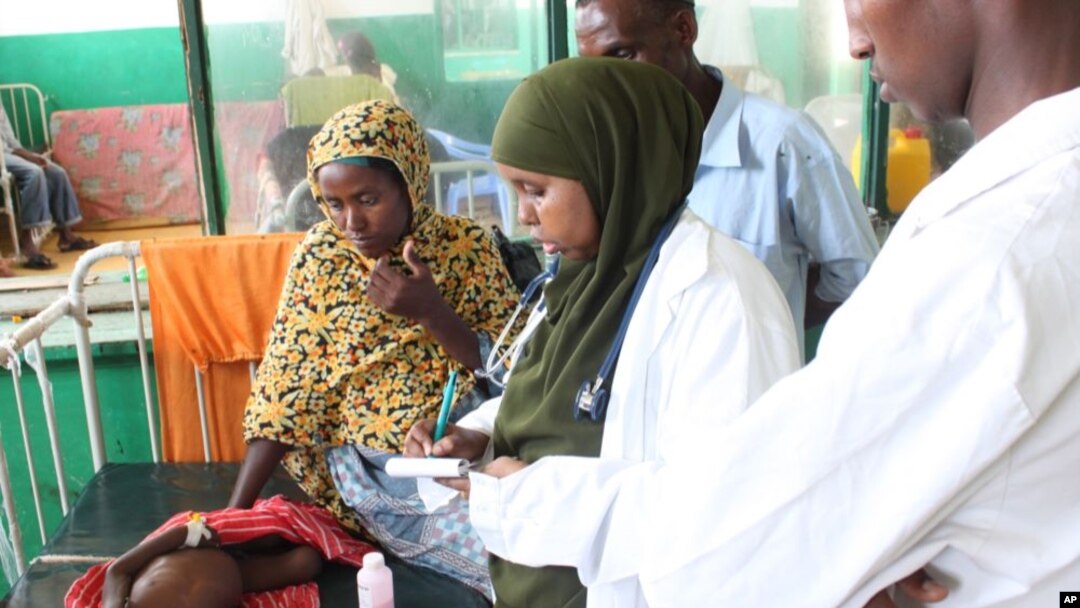The economics director of the East Africa Community (EAC) says the region’s agricultural ministers are scheduled to meet in a week-long summit from August 15-19 in Arusha, Tanzania.
The conference, said Nyamajeje Weggoro, will focus on executing a food security action plan, recently agreed to by East African heads of states.
“The meeting will comprehensively discuss the full implementation of the plan,” he explained, “so that now we can not only address the current situation, but also be able to prepare ourselves for future occurrences.”
The plan stipulates that all necessary measures should be immediately taken to ensure the region is food sufficient.
“The community has taken concrete measures to address drought and food insecurity,” said Weggoro. “We have measures already in place which are supposed to be ready to address such occurrences.”
He added that it behooves both the sub-regional group and its member states to implement the agreed measures to combat the famine.
Weggoro said the EAC is working with member states to implement the food security action plan.
“We are mobilizing and urging the countries to take measures within the context of those instruments and other measures that have already agreed upon long time before this problem,” said Weggoro.
Relief workers say the Horn of Africa is experiencing the worst drought in six decades. The U.N. and the U.S. Agency for International Development says more than 11 million people are in need of food aid.
Weggoro said the food security action plan has not been evenly implemented by member states.
“It’s very difficult to implement [it] uniformly because in some countries you need to change some procedures and even some policies at national levels,” said Weggoro.
The United Nations says it expects famine to reach all regions of southern Somalia within the next four to eight weeks.
A refugee agency spokeswoman told VOA the U.N. analysis predicts conditions in the drought- and conflict-stricken nation will only worsen in the coming weeks as food prices rise and the dry season approaches.
The United Nations has said 3.7 million Somalis are in need of emergency assistance. It estimates that number of people could rise by 25 percent if urgent action is not taken.


